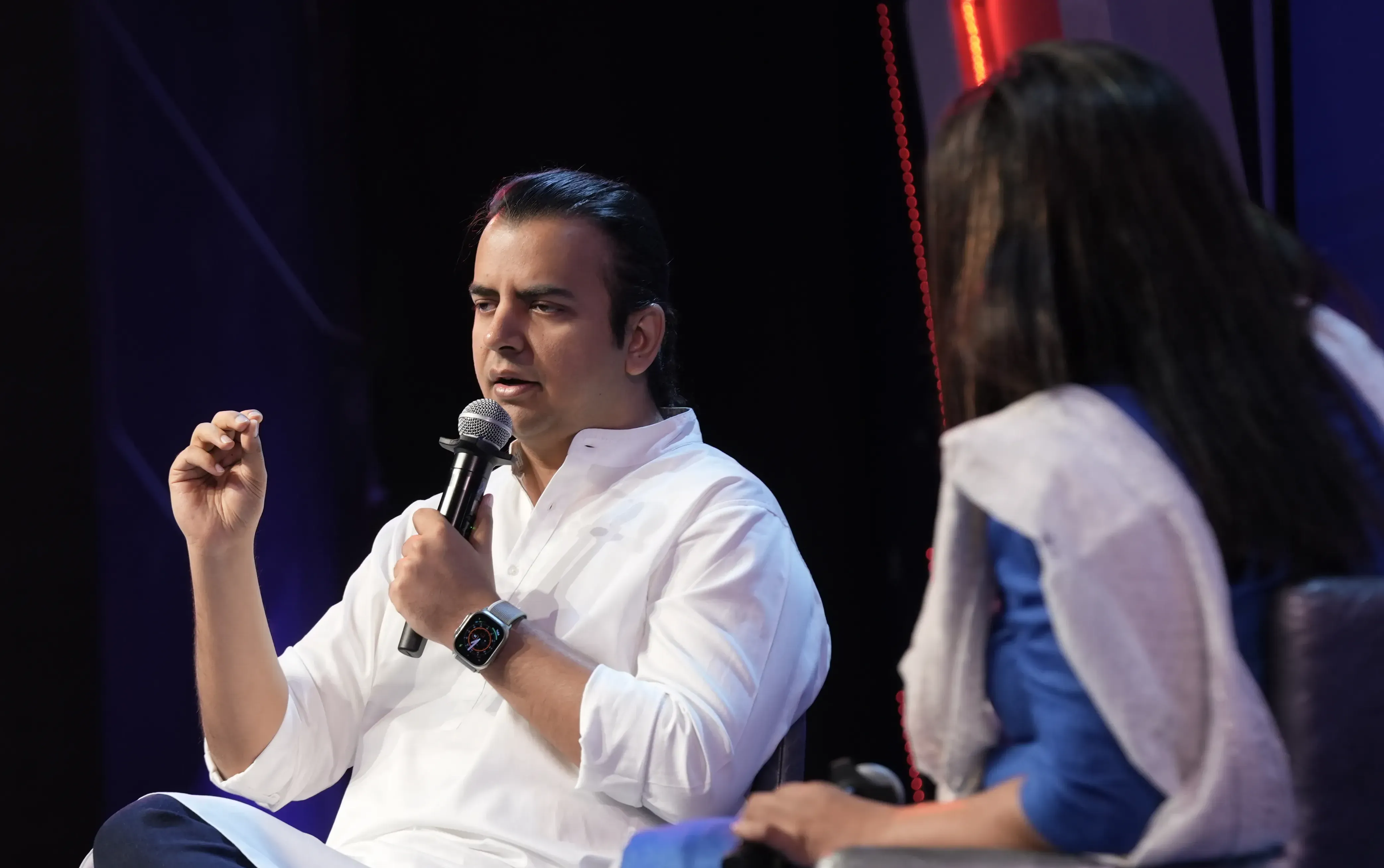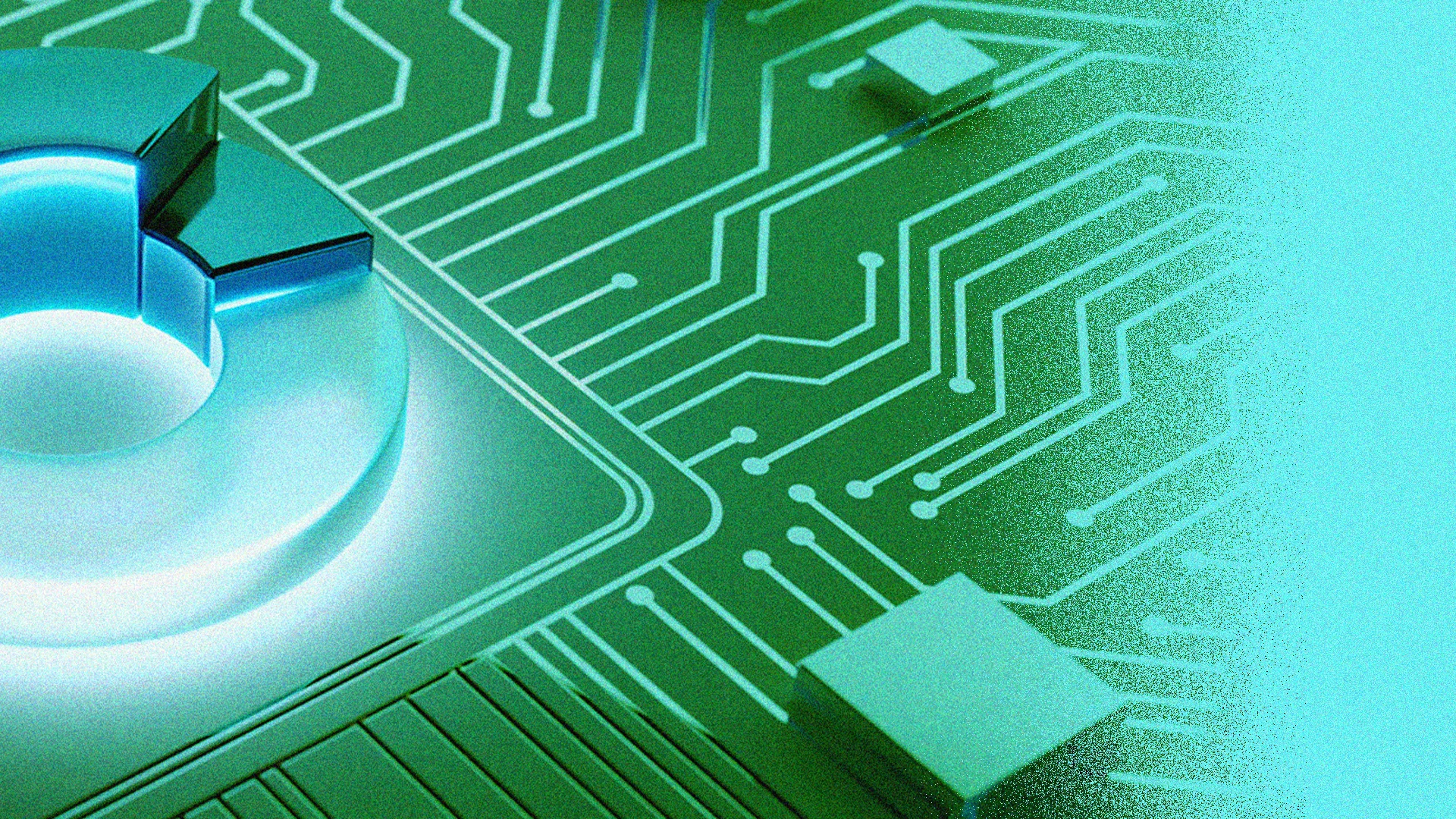The Hallmark of Great Developers: Writing Simple Code
"If you can't explain something to a first-year student, then you haven't really understood." —Richard Feynman This is one of my favorite quotes. It touches on something I see in the best engineers I've ever worked with, and something missing from many others. Something that's frustratingly illusive in the world of software engineering. A principle valued by most everyone, but executed by few. What is this trait possessed by the very best in our industry, you ask? What is it that great engineers do that sets them apart from the rest? Great engineers build complex systems by writing simple code. Let's cut to the chase: if you're writing code that takes your colleagues 20 minutes, two cups of coffee, and a string of "What the F%&#s" to understand, you're doing it wrong. Period. If you can't write code your team (or others) can easily understand, then perhaps you don't really understand the problem, the solution, or both. The best developers in the industry don't just write code that works; they craft code that others can understand, work with, and maintain long-term. It's not about showing off your intricate knowledge of obscure language features or your ability to chain together complex operations. It's about clarity, simplicity, and consideration for your team. To put it bluntly...if you're not writing code with your team in mind, you're not a great developer. You might be clever, you might even be brilliant, but you're missing a crucial aspect of what makes a software engineer truly exceptional. Let's break it down: Complex code is a liability: It's difficult to understand, challenging to fix, and a nightmare to maintain. It's the gift that keeps on giving...headaches. Simple code is an asset: It's easy to comprehend, straightforward to fix, and a breeze to maintain. It's the foundation of efficient, long-lasting software. The choice between these two should be obvious. Yet, time and time again, developers (both junior and senior) churn out code that's more puzzle than program. Now, you might be thinking, "But my code is complex because the problem is complex!" But here's the thing: even the most complex problems can be broken down into simpler, more manageable parts. That's what great developers do. There's no shortage of resources out there on how to write clean, simple code. Books, articles, videos - many of them free. The information is readily available. So why do we still see so much convoluted code? The answer often lies in ego, laziness, or a misunderstanding of what truly impressive code looks like. Impressive code isn't about cramming as much functionality into as few lines as possible. It's about solving problems efficiently in a way that others can understand and build upon. So, how can you start writing simpler code? I'll list out a few of the same things you can find in any "How to write clean code" article out there... Prioritize readability over cleverness Break complex problems into smaller, manageable parts Use clear, descriptive variable and function names Comment your code, but strive to make it self-explanatory Always consider the person who will read your code next Remember, the best developers work hard to write code that other members of their team can read, understand, and maintain. They know that their code isn't just for the compiler - it's for their colleagues, for future maintainers, and even for their future selves. In the end, the mark of a truly great software engineer isn’t measured by how cleverly they can solve a problem, but by how clearly they can communicate that solution through their code. Strive for simplicity, not as a shortcut, but as a sign of mastery. The next time you sit down to write code, remember: your teammates—and your future self—will thank you for every ounce of clarity you write.

"If you can't explain something to a first-year student, then you haven't really understood." —Richard Feynman
This is one of my favorite quotes. It touches on something I see in the best engineers I've ever worked with, and something missing from many others. Something that's frustratingly illusive in the world of software engineering. A principle valued by most everyone, but executed by few. What is this trait possessed by the very best in our industry, you ask? What is it that great engineers do that sets them apart from the rest?
Great engineers build complex systems by writing simple code.
Let's cut to the chase: if you're writing code that takes your colleagues 20 minutes, two cups of coffee, and a string of "What the F%&#s" to understand, you're doing it wrong. Period.
If you can't write code your team (or others) can easily understand, then perhaps you don't really understand the problem, the solution, or both.
The best developers in the industry don't just write code that works; they craft code that others can understand, work with, and maintain long-term. It's not about showing off your intricate knowledge of obscure language features or your ability to chain together complex operations. It's about clarity, simplicity, and consideration for your team.
To put it bluntly...if you're not writing code with your team in mind, you're not a great developer. You might be clever, you might even be brilliant, but you're missing a crucial aspect of what makes a software engineer truly exceptional.
Let's break it down:
Complex code is a liability:
It's difficult to understand, challenging to fix, and a nightmare to maintain. It's the gift that keeps on giving...headaches.Simple code is an asset:
It's easy to comprehend, straightforward to fix, and a breeze to maintain. It's the foundation of efficient, long-lasting software.
The choice between these two should be obvious. Yet, time and time again, developers (both junior and senior) churn out code that's more puzzle than program.
Now, you might be thinking, "But my code is complex because the problem is complex!" But here's the thing: even the most complex problems can be broken down into simpler, more manageable parts. That's what great developers do.
There's no shortage of resources out there on how to write clean, simple code. Books, articles, videos - many of them free. The information is readily available. So why do we still see so much convoluted code?
The answer often lies in ego, laziness, or a misunderstanding of what truly impressive code looks like. Impressive code isn't about cramming as much functionality into as few lines as possible. It's about solving problems efficiently in a way that others can understand and build upon.
So, how can you start writing simpler code? I'll list out a few of the same things you can find in any "How to write clean code" article out there...
- Prioritize readability over cleverness
- Break complex problems into smaller, manageable parts
- Use clear, descriptive variable and function names
- Comment your code, but strive to make it self-explanatory
- Always consider the person who will read your code next
Remember, the best developers work hard to write code that other members of their team can read, understand, and maintain. They know that their code isn't just for the compiler - it's for their colleagues, for future maintainers, and even for their future selves.
In the end, the mark of a truly great software engineer isn’t measured by how cleverly they can solve a problem, but by how clearly they can communicate that solution through their code. Strive for simplicity, not as a shortcut, but as a sign of mastery. The next time you sit down to write code, remember: your teammates—and your future self—will thank you for every ounce of clarity you write.






































































































































































![[The AI Show Episode 146]: Rise of “AI-First” Companies, AI Job Disruption, GPT-4o Update Gets Rolled Back, How Big Consulting Firms Use AI, and Meta AI App](https://www.marketingaiinstitute.com/hubfs/ep%20146%20cover.png)











































































































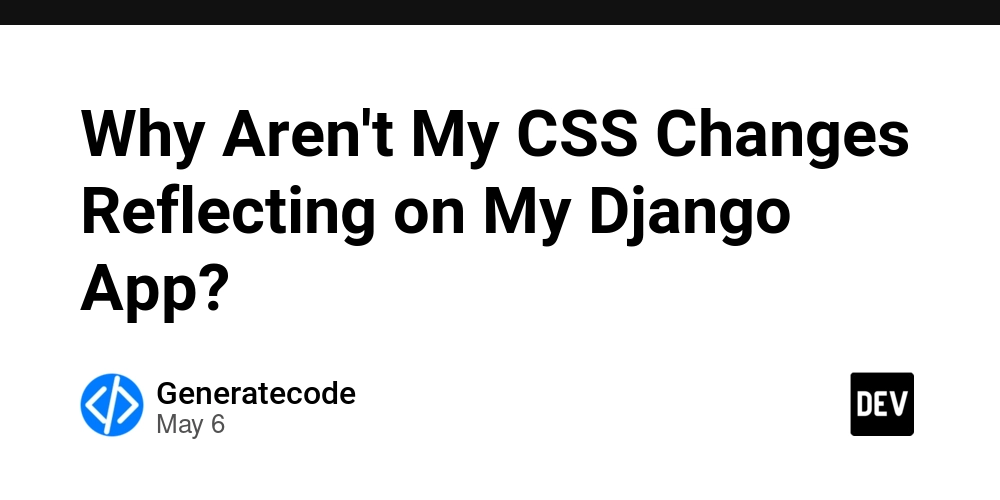

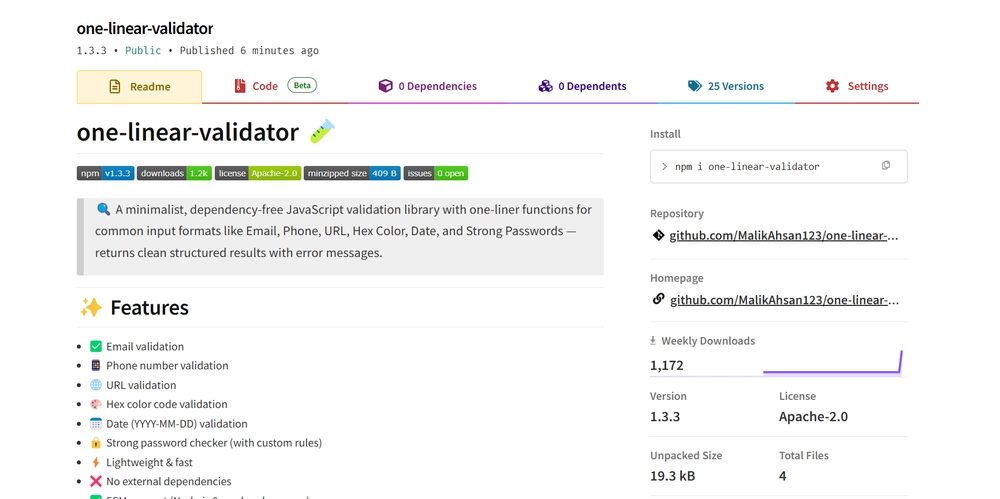
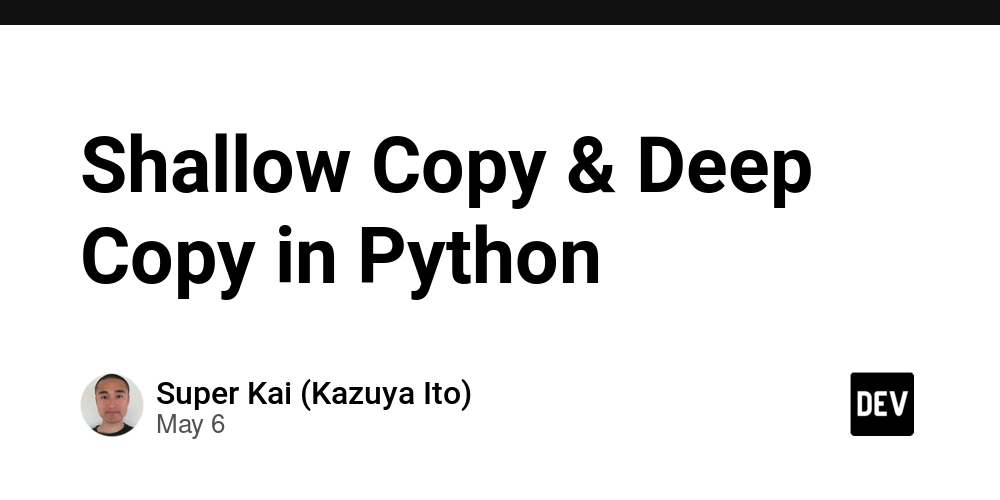

























































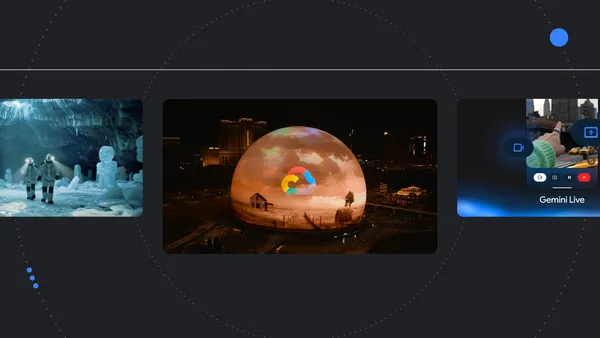
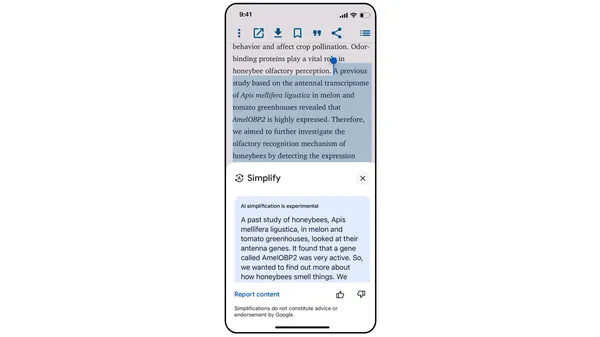
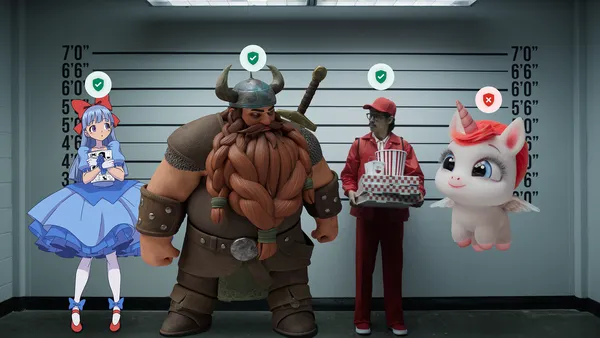






.jpg?width=1920&height=1920&fit=bounds&quality=70&format=jpg&auto=webp#)






















































































_Alexey_Kotelnikov_Alamy.jpg?width=1280&auto=webp&quality=80&disable=upscale#)
_Brian_Jackson_Alamy.jpg?width=1280&auto=webp&quality=80&disable=upscale#)



 Stolen 884,000 Credit Card Details on 13 Million Clicks from Users Worldwide.webp?#)




















































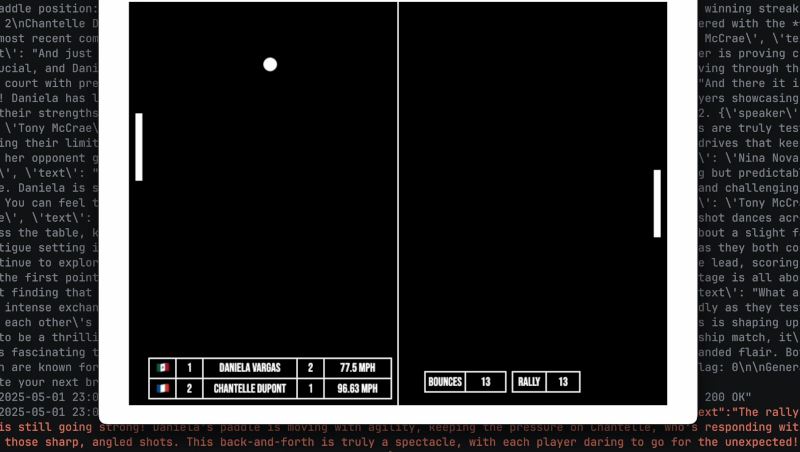
























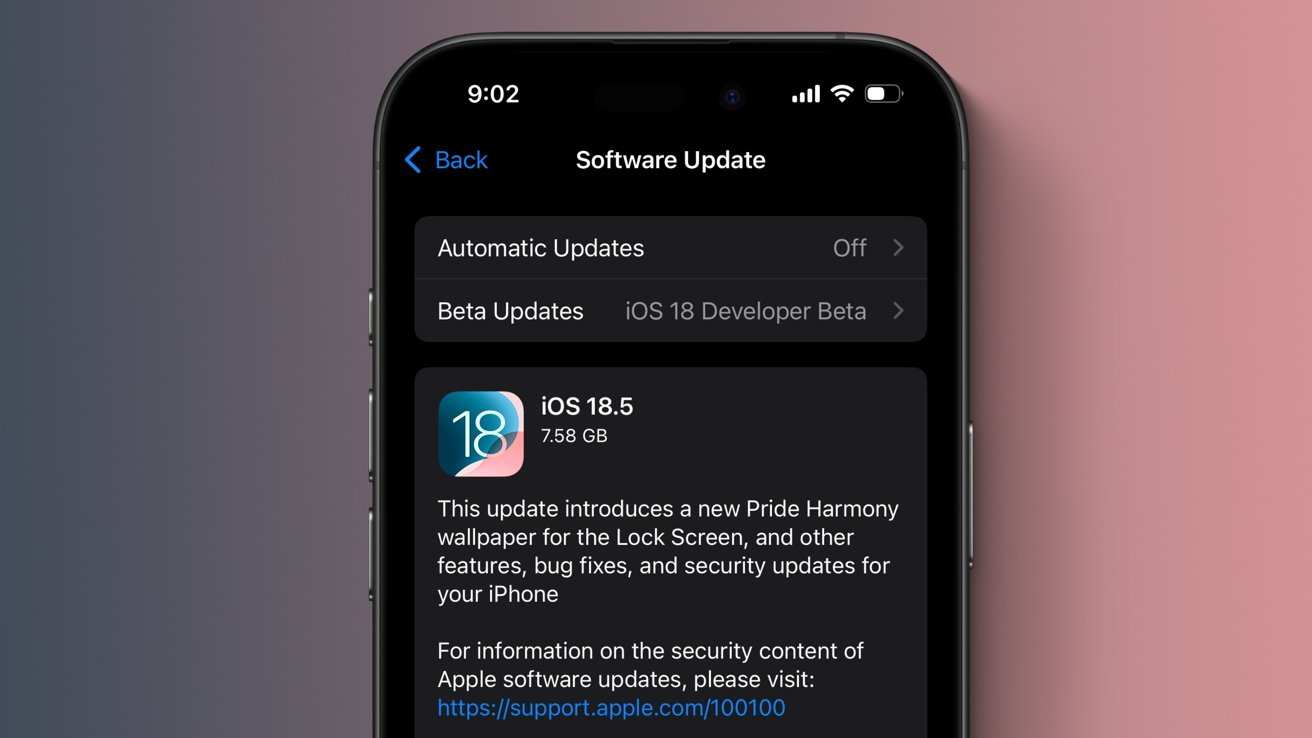

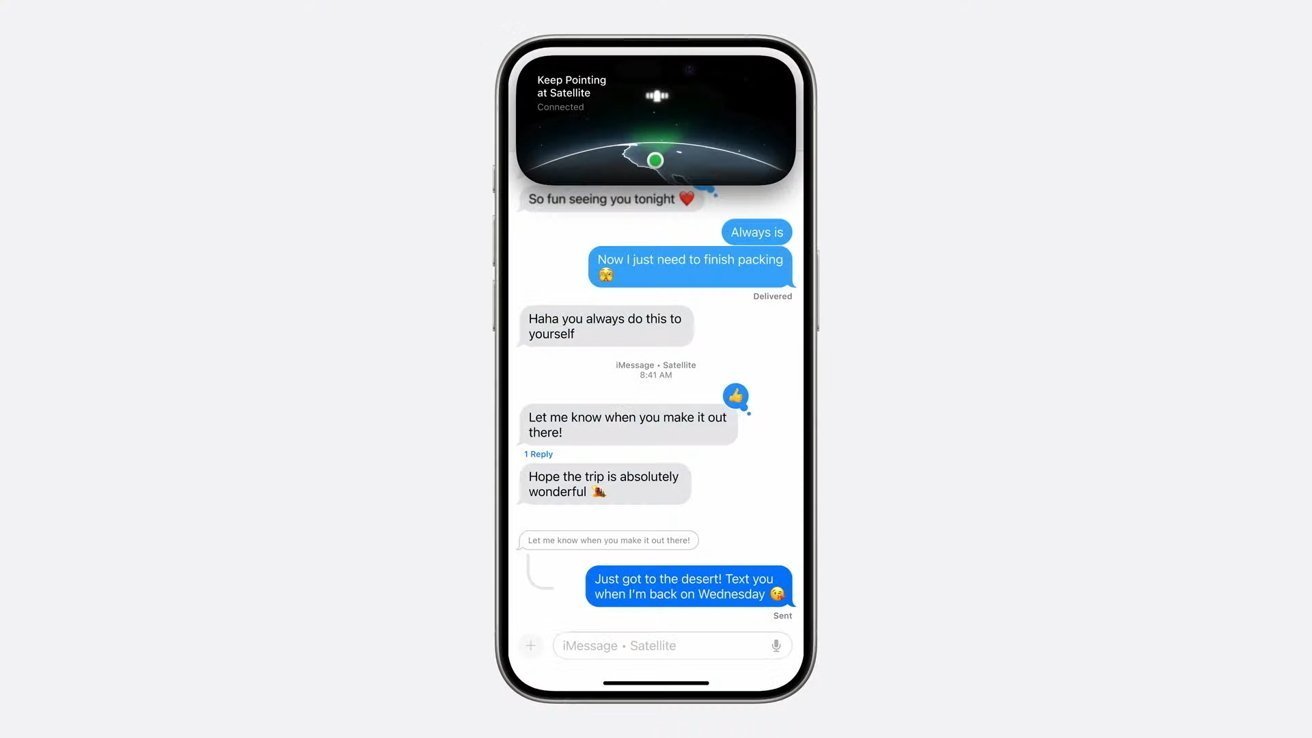





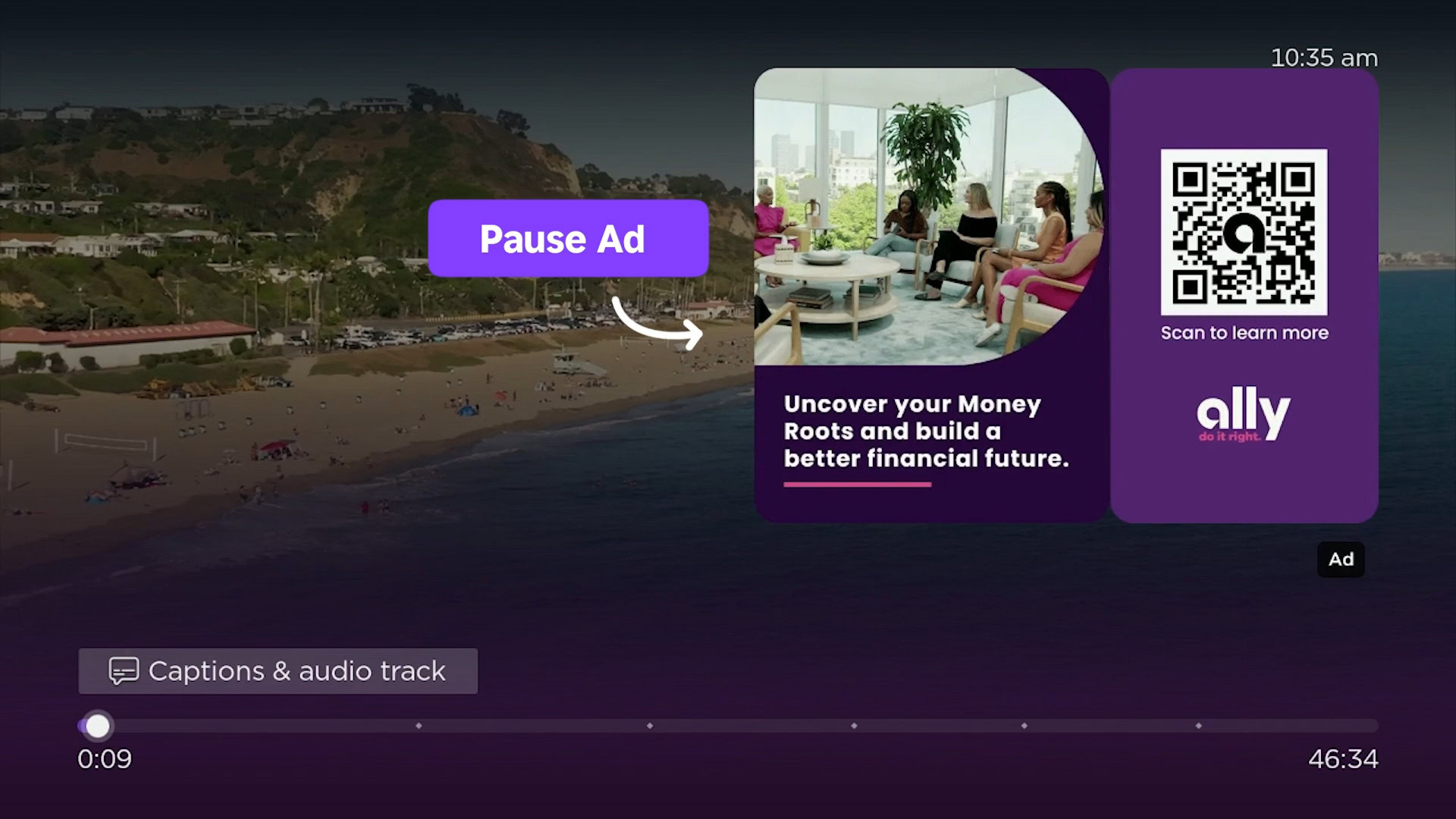




![Roku clarifies how ‘Pause Ads’ work amid issues with some HDR content [U]](https://i0.wp.com/9to5google.com/wp-content/uploads/sites/4/2025/05/roku-pause-ad-1.jpg?resize=1200%2C628&quality=82&strip=all&ssl=1)

![Look at this Chrome Dino figure and its adorable tiny boombox [Gallery]](https://i0.wp.com/9to5google.com/wp-content/uploads/sites/4/2025/05/chrome-dino-youtube-boombox-1.jpg?resize=1200%2C628&quality=82&strip=all&ssl=1)













![Apple Seeds visionOS 2.5 RC to Developers [Download]](https://www.iclarified.com/images/news/97240/97240/97240-640.jpg)
![Apple Seeds tvOS 18.5 RC to Developers [Download]](https://www.iclarified.com/images/news/97243/97243/97243-640.jpg)







































































